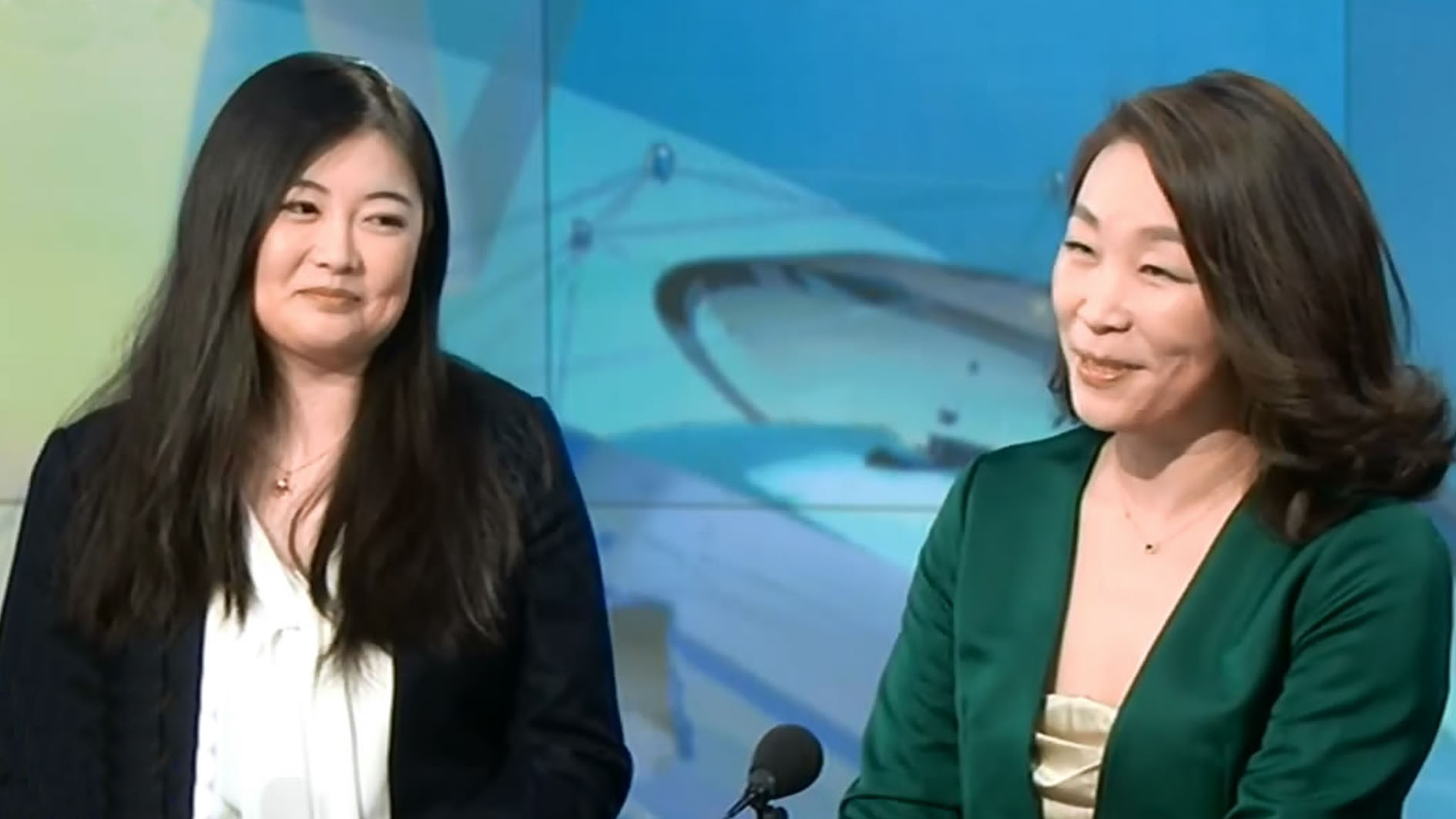
Economy
20:40, 01-Jan-2019
Businesses' New Year's wish: More consistency and less uncertainty in 2019
Updated
19:47, 04-Jan-2019
By Wang Yue
04:21

With a trade war resolution still up in the air, an economy in transition and slowing, how do companies navigate the new waters? For global businesses, experts said that more consistency in policy and less uncertainty around the world might be their New Year's wish.
China-U.S. trade tensions, stock turbulence and commodity volatility in a monetary-tightening cycle all dominated the global headlines in 2018. And 2019 will be packed with fresh market jitters over the same concerns.
The trade friction between U.S. and China was one of the biggest stories of 2018. The conflict concerns not only the two countries but the entire global economy.
Meanwhile, Brexit drew eyes globally. Only four months remain before Britain makes its goodbye official but still divided opinions within the country are getting louder and louder.
03:31

“Business may fear uncertainty most,” said Haitong Wang, CFO at Megvii. Her opinion was echoed by Yvonne Zhou, Partner & Managing Director at Boston Consulting.
And Zhou took Brexit for example. "I think the Brexit is actually uncertainty. I think it's affecting London's competitiveness as many industries are thinking about moving out of London. And there are lots of talks not only in London partners, but also in other clients, about considering [whether to keep] London as a headquarter location."
Moreover, Zhou mentioned that companies are concerned about the equal treatment in China, while Wang said that commercial society urges the "policy consistency."
“For lots of private companies in China, as well as foreign companies, they felt they haven't been treated equally compared to state-owned enterprises (SOEs). We are moving to that direction – more transparency and more equal treatment,” Zhou explained.
Wang admitted that China-U.S. trade tensions did have some impacts on cross-border communication, especially in the tech sector.
“I think the tension between China and U.S. is adding to our difficulties in terms of communicating with U.S. tech companies. We saw recently some troubles for Chinese tech experts in getting a visa to America,” Wang said.
Although the main conflict between China and U.S. is on tech sector, experts still look bullish on China's technology development in 2019.
04:27

“For most of our multinational clients, China used to be their biggest manufacturer. Many of their supply chain have been based in China. But now, China increasingly is becoming either the No.1 or No.2 market to many of our global clients. So China is becoming not only the largest exporter but also the largest importer. That is really significant,” Zhou stated, adding that “China not only is massive in size, but also is increasingly the most innovative one.”
And Wang added that new technology is giving a shot in the arm to traditional sectors by improving efficiency and helping them serve customers better.
“Taking the smart city for example, today we can imagine that if you don't fasten your safety belt when you are driving, you will probably get an electronic ticket to your Alipay system – because you are captured by the cameras. I think the technology is really helping the city managers to ensure the safety as well as improve the efficiency,” she noted.
As to the future, Zhou believed that “If you are not a technology company, you cannot win the future.”
“There is about 3.7 billion people connected by Internet. That's about half of world's population. By 2020, 200 billion smart devices will be connected by Internet of Things,” she claimed.

SITEMAP
Copyright © 2018 CGTN. Beijing ICP prepared NO.16065310-3
Copyright © 2018 CGTN. Beijing ICP prepared NO.16065310-3